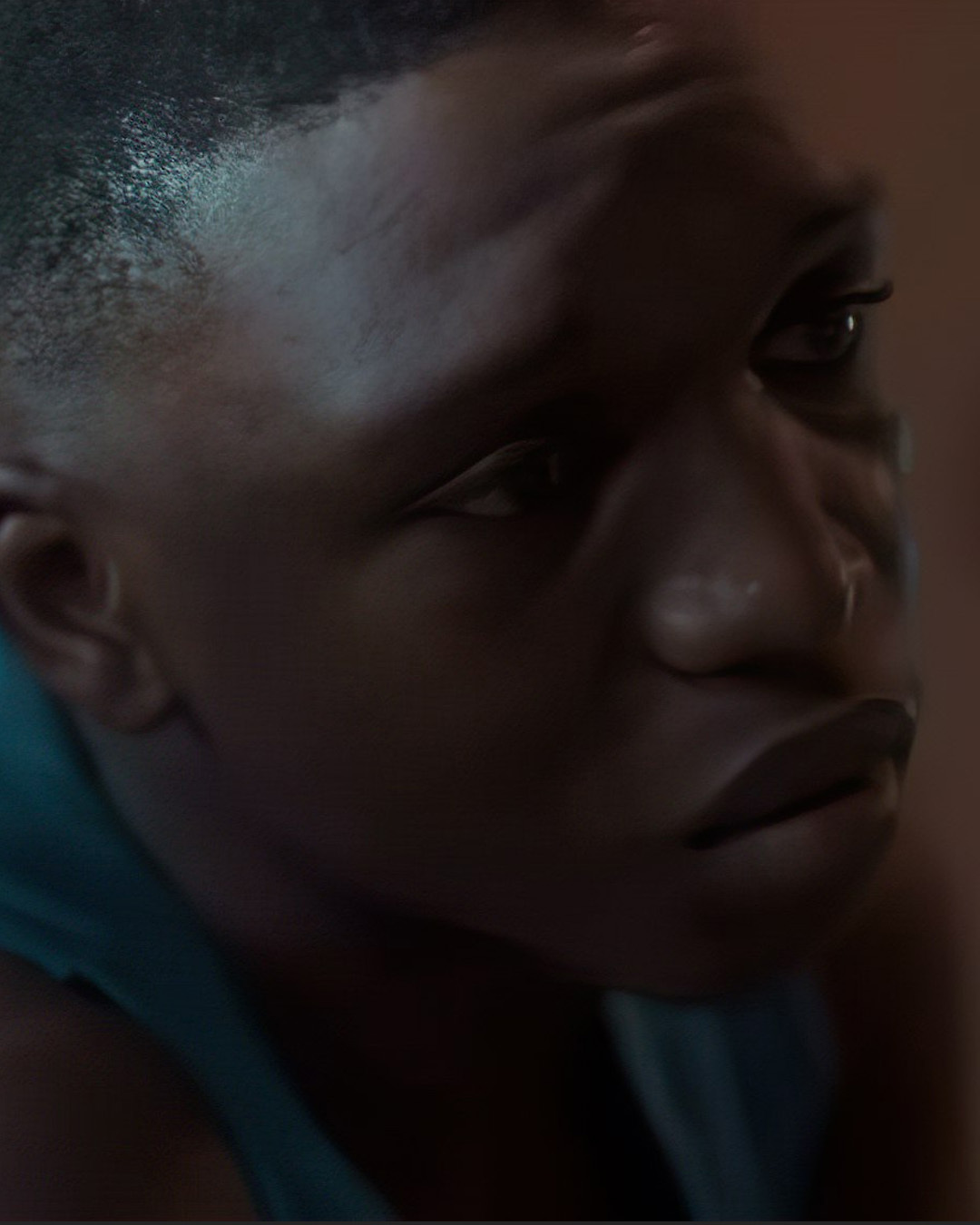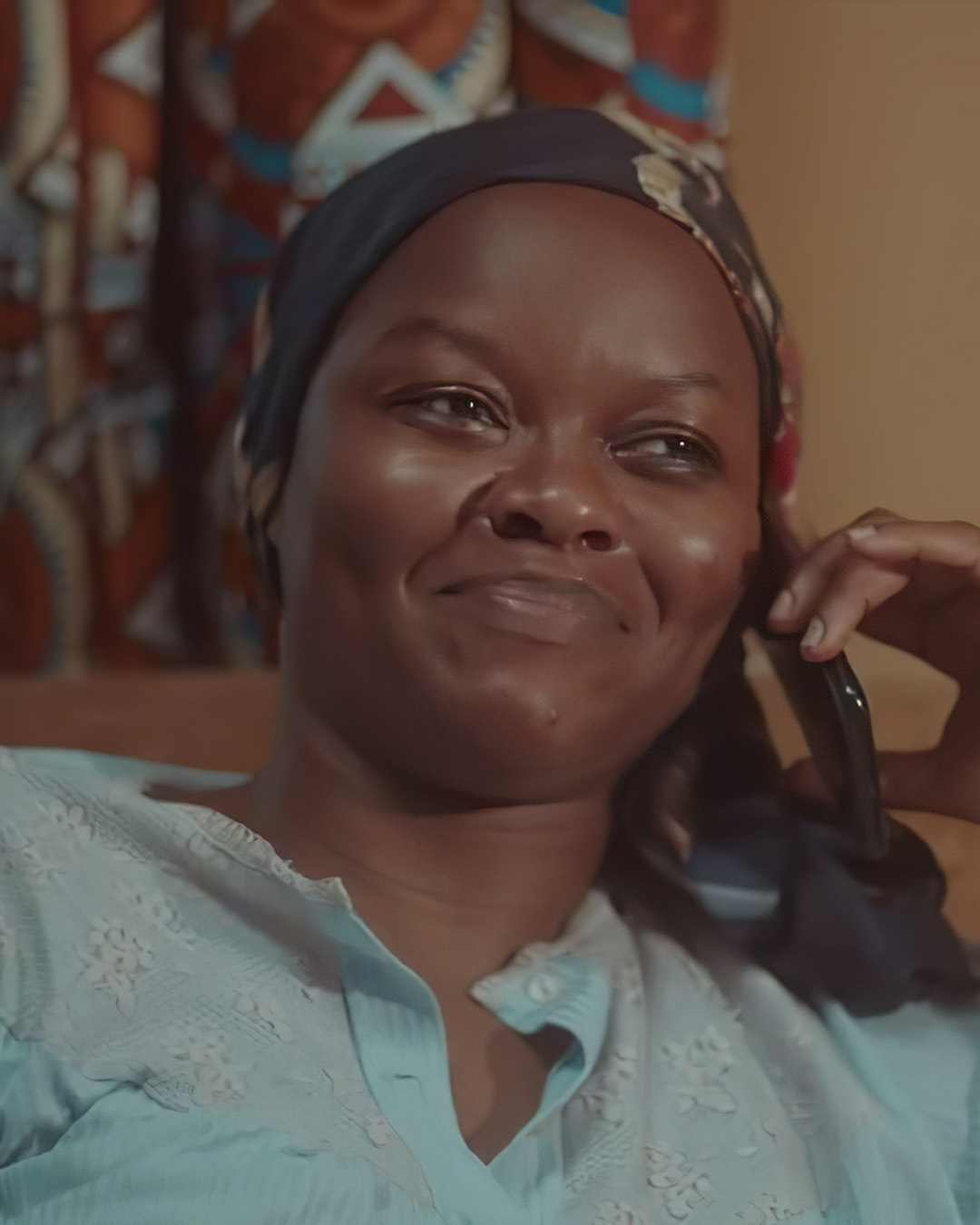From storyline to acting, directing, and costumes, Biodun Stephen’s ‘Sista’ had us in a magnetic and emotional chokehold from start to finish.
Set against the vibrant backdrop of Nigeria, the movie is centred around a mother of two (Sista, played by Kehinde Bankole) who was abandoned by her children’s father at an early age. She does all sorts of menial jobs to support them through school until, nearly two decades later, fate brings the man back into her life and threatens to crash the walls she had carefully built around her and her children. The movie begins slowly but eventually plunges us into a whirlwind of emotions as we witness Sista’s journey, which is as relatable as it is compelling. On the surface, this is a tale as old as time, but it is, sadly, the reality of many women in today’s society, and it doesn’t get told often enough.

The film’s screenplay is a masterclass in storytelling. It skillfully explores complex themes such as family dynamics, love, and the consequences of one’s choices. The dialogue is sharp and realistic, effortlessly reflecting the nuances of Nigerian culture and society. The pacing is on point, never leaving room for a dull moment, and the plot twists keep you guessing and eagerly anticipating what’s to come.
The movie has since garnered much praise and reviews, as it resonates with people of all ages. Whether you’re a single parent or not, or a child, you’re bound to see yourself in one or more of the characters brilliantly portrayed in this movie. It is safe to say that Biodun Stephen has once again solidified her place as one of Nigeria’s top filmmakers by writing, directing, and producing this masterpiece.
One of the strongest aspects of “Sista” lies in its phenomenal cast. Every actor brings their A-game, delivering heartfelt and sincere performances. Nollywood icon Kehinde Bankole again showed off by delivering a stellar performance as Sista. She completely embodied her character and took us with her on Sista’s journey. This is one character you would smile, laugh, and cry with throughout the movie. The movie also featured the likes of Deyemi Okanlawon, Bisola Aiyeola, Tope Olowoniyan, Chimezie Imo, Akintoba Adeoluwa, Chiamaka Uzokwe, and many more. All actors delivered their roles without being overly dramatic or ‘cringe’, which was refreshing to see.




Aside from the obvious acting prowess of these actors, we cannot but praise Biodun Stephen’s directing, as it takes an outstanding director to bring out the kind of performances we witnessed in this movie. From the deployment of flashbacks to enhance storytelling to blocking, plot, dialogue, etc., Biodun Stephen definitely knows her onions.
Costume design in this movie is pretty easy to ignore because, at first glance, there isn’t much to it, but when you take a closer look, you see how each costume was carefully selected to help define the characters and even assist the actors with embodying their roles.
Another one of our favourite things about this movie was the use of indigenous languages, Hausa and Yoruba. Especially the Hausa language, which was so beautifully spoken by Aunty Jay, as played by Tope Olowoniyan. Imitating the likes of Anikulapo and Shanty Town, we thoroughly enjoyed the blend of English and our indigenous languages. We would also like to see this more often in our movies.
A number of the scenes are also memorable in their ‘Nigerianess’; we see the typical Nigerian home and mother in many of the exchanges between Sista and her children, many of which will force a smile or a laugh to escape from your lips as you reflect on your own experience as a Nigerian parent or child.

While we understand and love the simplistic nature of the plot, some aspects of it deserved a little bit more push. It would seem Biodun Stephen was afraid of doing too much and spoiling what seemed good enough. That said, we highly recommend you watch ‘Sista’ with some popcorn and a box of tissues because this one is a real tearjerker.













